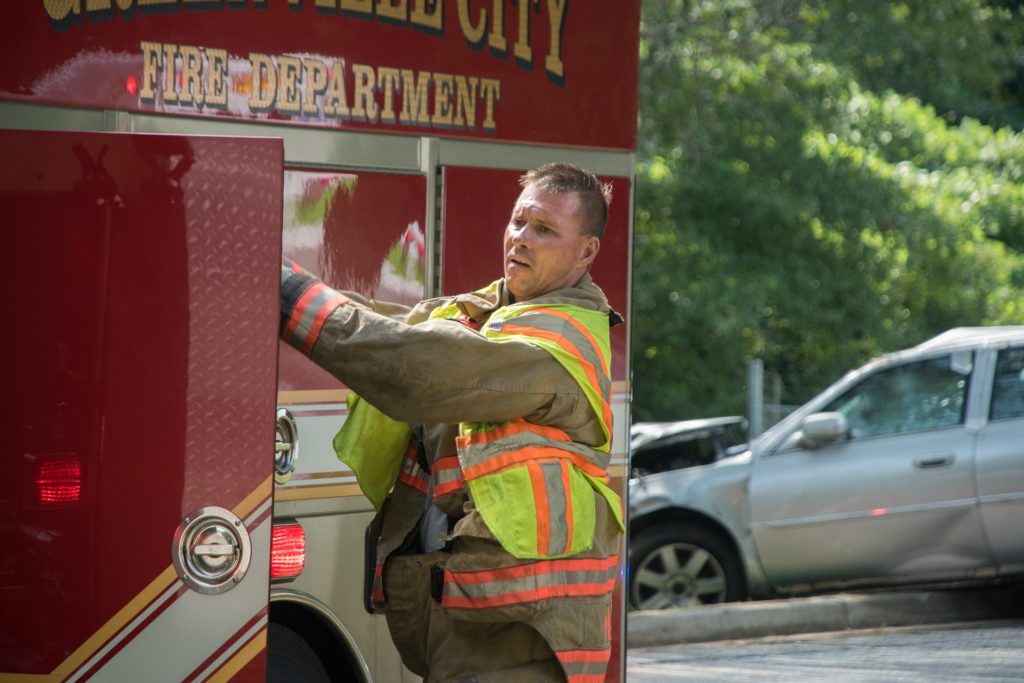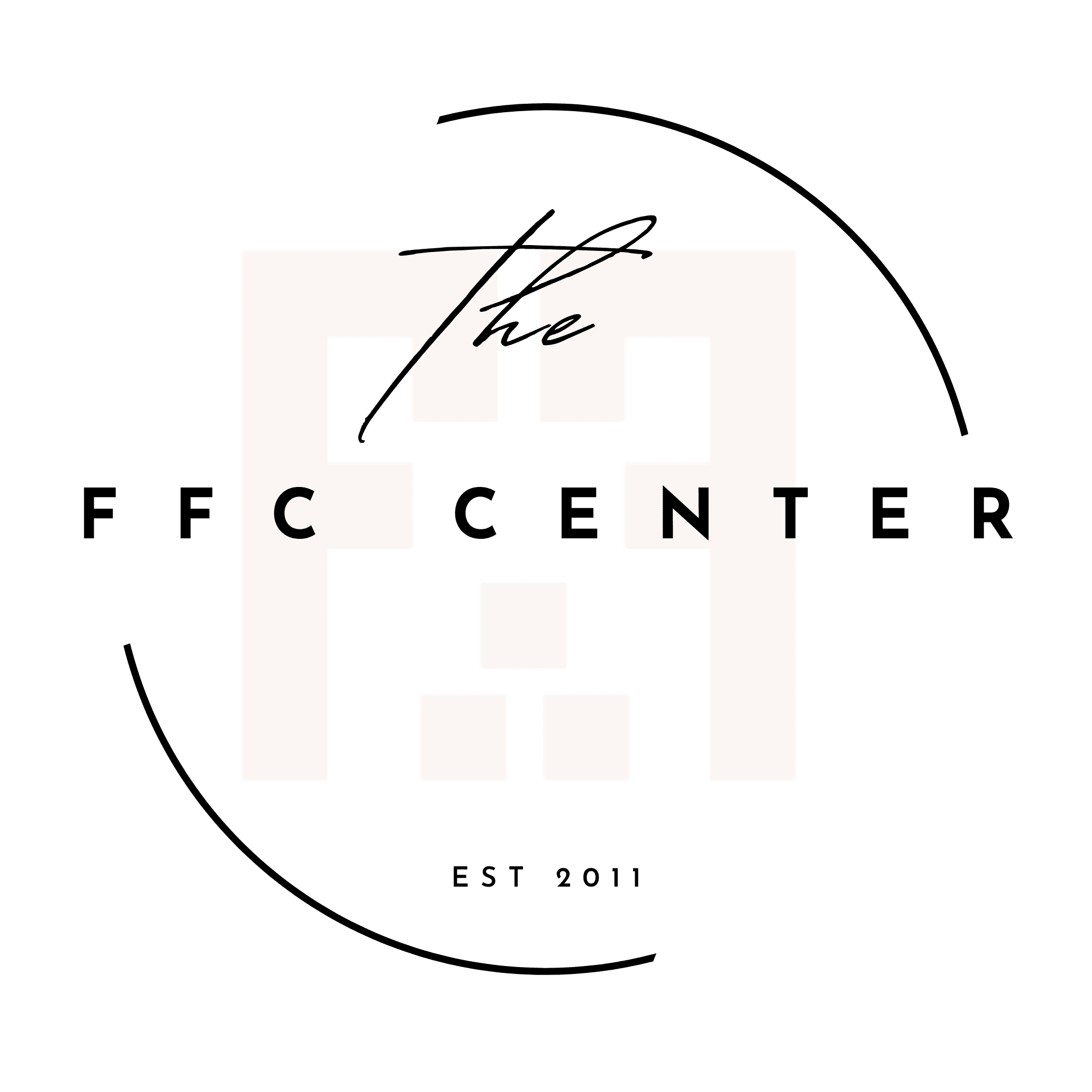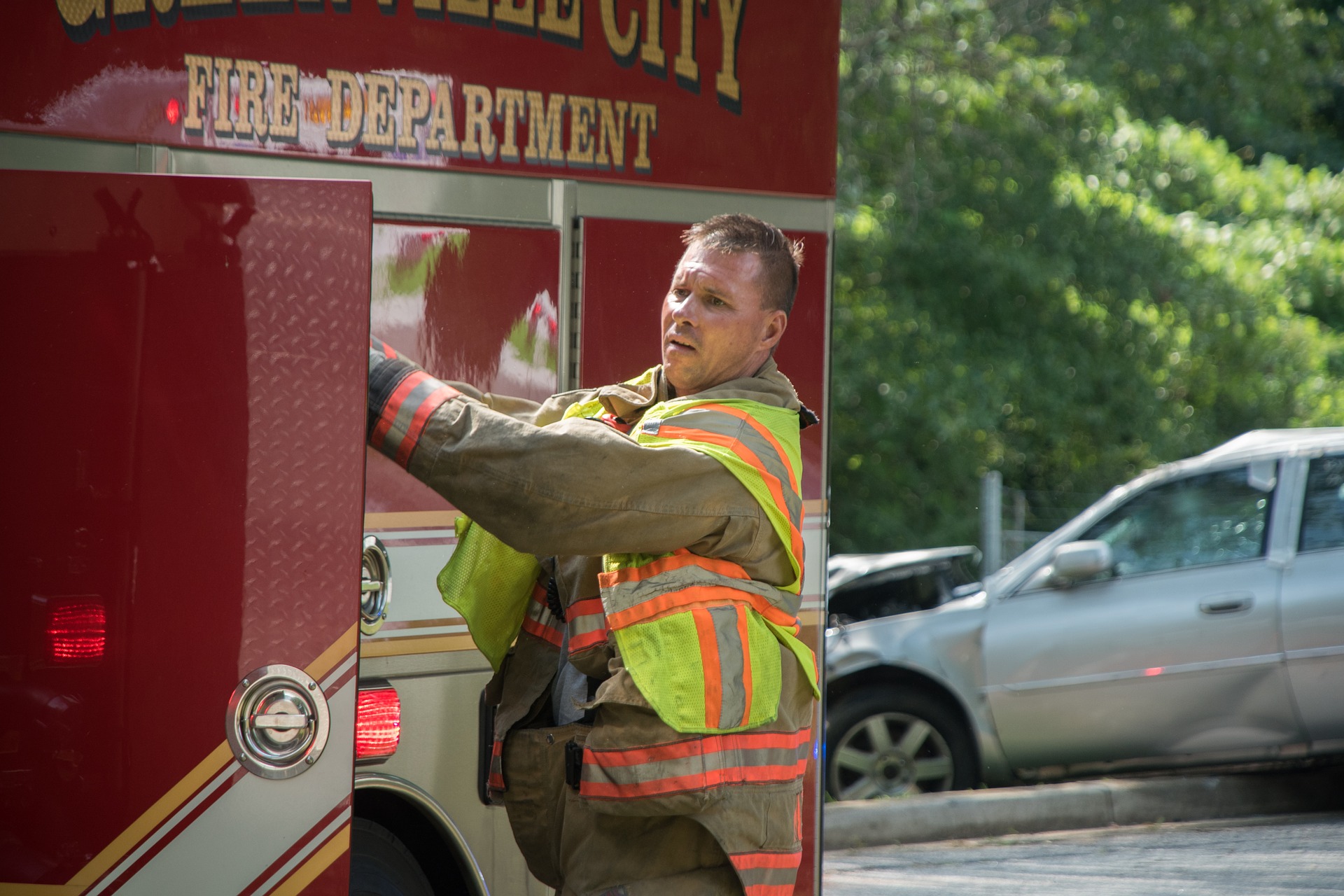Navigating Help Options for First Responders After Trauma
Let’s face it, doing the work that you do is a true calling. You are made susceptible to many stressors related to your occupation including trauma exposure, sleep issues, irregular work hours, exposure to hazardous materials, physical injury, witnessing immense suffering and death. Recent research suggests that these stressors contribute to physical and psychological problems that can manifest as pain, burnout, and symptoms of posttraumatic stress disorder, especially for those who work in the fire and rescue and law enforcement fields. Many civilians would not be able to handle the things you see and endure in just a couple of shifts, let alone the accumulation of the traumas over 5 years. I get it… you are a trained professional and you are tough but sometimes the things that you see and hear stick to you and it becomes harder and harder to do the normal things that you have been doing with ease. You may be asking yourself, “What is happening to me?” or more importantly “Why is it happening now?” and “What can I do about it?” I will share a few things that you can do to help yourself, several options for getting appropriate professional help and how to ask for support as you recover.

The traumatic stress response
First responders are highly trained, resilient and held to a higher standard than other professions. Keeping a safe distance from others outside of their network is a code used to self-protect, however it can be very isolating to feel unsafe to share your experiences and how those experiences have impacted you. When a first responder is experiencing symptoms of posttraumatic stress or other adverse life situations they may avoid sharing those issues with close friends and family. Others may not know that an issue exists because on the job they seem fine. However, there are red flags that may highlight the need for more support. Common stress response symptoms are :
- Insomnia
- Nightmares and/or flashbacks
- Increased anxiety
- Depression
- Lack of motivation
First responders may be at increased risk for unhealthy coping strategies such as
- Excessive drinking and smoking
- Risk-taking
- Using work as an escape or overworking
- Infidelity
- Disconnection from family and friends
- Low impulse control
- Angry outbursts
7 Things you can do to help yourself
You are resilient and you help others for a living, so why not engage in a little self-care to keep you well so that you can do your job and nurture your relationships without interruption. Here are some things to try first:
- Cut back on the alcohol and energy drinks: In distressing times, these substances can impact your body’s natural ability to recover
- Rest and recovery are essential components of resilience. Instead of taking on side gigs, try taking a vacation. Really consider when was the last time you took PTO?
- Move your body: Weight lifting, taking a walk, mowing the lawn, or engaging in sports are all ways to get active
- Nurture your relationships! An essential component of resilience is having healthy social connections and support
- Practice sleep hygiene to help your body and brain rest and recover.
- Everyone has a Spirit. Be intentional about deepening your spiritual life. It is a key component of recovery and can help foster posttraumatic growth.
The value of seeking help for recovery
Counseling is for anyone who is seeking relief from emotional pain, strategies for recovery and improved wellness and psychological health. Unfortunately, there are several barriers for first responders who may need professional mental health treatment. Due to cultural stigma, seeking professional help as a first responder equates to weakness and an inability to function and stay safe on the job. Coworkers may reiterate this view by expressing that individuals seeking treatment are weak and a liability (Sawhney et al., 2018; Gulliver et al., 2018; White, Shrader & Chamberlain, 2015). This is one of the barriers that lead to many first responders waiting too long to enter into a counseling or therapeutic relationship or never being willing to seek help.
There is a point where getting relief surpasses stigma and the first responder takes a risk and begins the search for help. If this is where you are at now, here is how to ask for help:
Considerations for confidential support
- Search online for resources & 24/7 crisis hotlines
- Copline.org
- SafeCallNow.org
- Reach out to a fellow peer: Many departments have active trained peer support team members who have resources and want to help. Several studies have shown that officers prefer to talk to another officer before talking to a mental health professional. If your department does not have an internal team reach out to an organization like FireStrong.com or FrontlineCrisisResponse.com
- Chaplain Support: Most departments have a chaplain on staff who is trained to offer support during critical incidents. They would be willing to listen, keep interactions confidential, share resources and offer spiritual guidance. These services are usually free.
- Counseling support: This service can be sought through your department’s Employee Assistance Program or through specified health insurance, in-network provider. However, if you are concerned about not getting the right help through these options reach out to a private practice therapist or local non-profit.
Here are a few questions to ask professional helpers

- Are you familiar with my work culture and occupational hazards of the job? (i.e. law enforcement, fire & rescue, paramedic, military).
- What is your license type and are you trained or certified in EMDR therapy? If not what type of therapeutic services do you provide for people like me?
- I am concerned about confidentiality, what measures do you have in place to ensure privacy?
Therapy can be a rewarding process if you are willing, engaged and committed. The hardest part is usually making the first call and acknowledging your need for support. Overcoming the stigma can lead to lifelong benefits. Seeking support in any capacity sooner than later can prevent bigger problems from occurring later on in your career. Call or Text us at 214-475-0345 we are available offer the specialized support you need.

